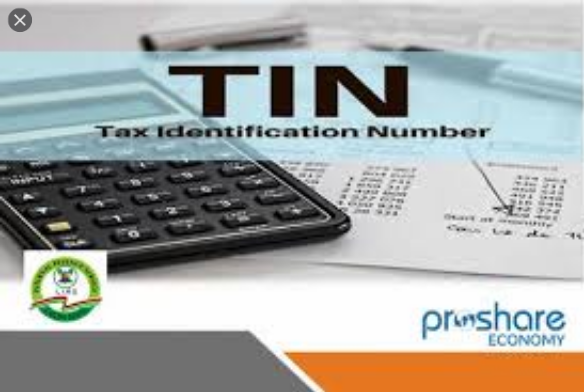Tax Identification Number (TIN) appears in several forms, and individuals get assigned TINs in the form of Social Security Numbers (SSNs), while businesses on the other hand like corporations and partnerships are assigned employer identification numbers (EINs).
What is the Tax Identification Number?
A Tax Identification Number (TIN) is a nine-digit number issued to individuals and organizations to keep tabs of tax obligations and payments they make to the Internal Revenue Service (IRS). A TIN can be assigned by the Social Security Administration in the case of individuals, and for businesses and other organizations by the IRS.
Understanding the Tax Identification Number (TIN)
Tax identification numbers or taxpayer-identification numbers can be in different forms. For individuals, it is offered as TINs in the form of Social Security Numbers (SSNs), while for businesses, they are assigned as Employer Identification Numbers (EINs).
Trusts and fiduciaries, and other non-business entities are offered straight tax ID numbers. Other types of TINs are Individual Taxpayer Identification Number (ITIN), the Adoption Taxpayer Identification Number (ATIN), and the Preparer Taxpayer Identification Number (PTIN).
The IRS makes use of tax identification numbers to track taxpayers. Filers must include the number of tax-related documents when claiming benefits.
Types of Tax ID Numbers
A TIN refers to several types of identifying numbers, which includes:
- A Social security number is given to an individual.
- An Individual Taxpayer Identification Number (ITIN), given to non-U.S. citizens currently residing, and often working, in the U.S.
- An Employer Identification Number (EIN) given to businesses and non-profit organizations.
- An Adoption Taxpayer Identification Number (ATIN), for children in the process of being adopted from outside the U.S.
- A Preparer Taxpayer Identification Number, which is to identify accountants and firms involved with tax document preparation.
Small businesses need a TIN, in the form of an Employer Identification Number, to be able to issue payroll and make tax payments.
TIN is needed on all tax documents, like quarterly or estimated payments and annual filings.
State Tax ID Numbers
Some states also issue their own business identification numbers, in addition to the IRS Identifier. As of now, those states are:
- Massachusetts
- New York
- South Carolina
In these states, businesses require a state tax ID number as well as a federal tax ID number.
How to Apply for an ITIN
To apply for ITIN applicants must do the following:
- Applicants will have to submit original documents that verify their identities and “foreign status”. The IRS has also issued a list of 13 documents that will be accepted for this purpose. The documents will be returned back to the applicant within 60 days of receipt and processing of the W-7 form.
- There are IRS Acceptance Agents and Taxpayer Assistance Centers available to help people who wish to apply.
- Applicants are expected to fill out a W-7 application form and submit the same to the IRS along with a completed tax return. Individuals may not necessarily apply in person, and once the application gets approved, ITINs are sent to applicants via the mail.
In 2015, Congress enacted legislation to clarify the 2012 guidance from the IRS, which states that all ITINs issued after December 31, 2012, must be revalidated every five years. Also, if a person obtains an ITIN, but does not use it for three consecutive years, the ITIN will expire and must be revalidated.


